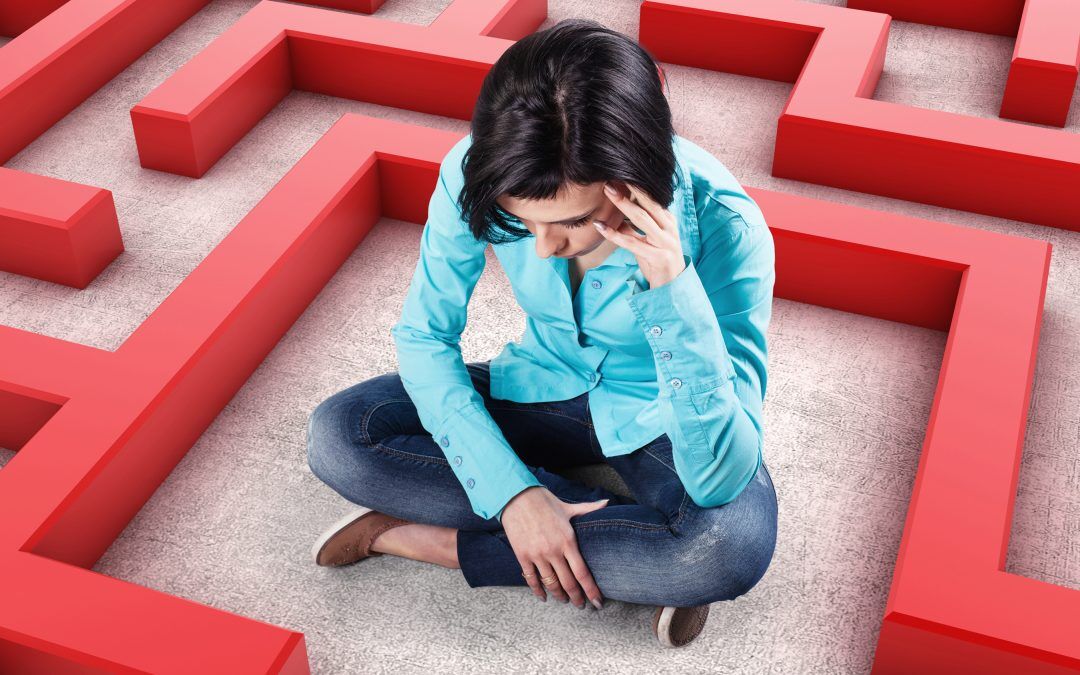Everyone feels sad and blue from time to time. Feeling a bit down is a normal emotional state and can have a positive effect by helping us work through a loss or resolve a significant event in our lives.
Clinical depression occurs when a person experiences symptoms that go beyond normal sadness and “having a bad day.” Mental health professionals look to the duration of the symptoms, the intensity of the symptoms, and the type of symptoms to help distinguish normal experiences from clinical depression. For duration, symptoms lasting a week or longer, and especially two weeks or longer, are more likely to be clinically significant. For intensity, symptoms that interfere with everyday functioning like going to work or school are more likely to be clinically significant. For type, some symptoms such as suicide are not typically associated with everyday experiences of sadness or “the blues.”
Nine Key Symptoms of Clinical Depression
Psychologists and psychiatrists have identified nine core symptoms that may indicate that an individual is suffering from depression. These are:
Feeling Depressed: Feeling depressed, sad, “down-in-the-dumps,” most of the day, every day
Loss of Interest or Pleasure in Daily Activities: A loss of pleasure or enjoyment when engaging in activities that were previously enjoyable, such as watching movies, eating meals, playing sports, or sex
Sleep Disturbance: Either insomnia, which is the inability to fall asleep or stay asleep, or hypersomnia, which involves sleeping too many hours per day
Appetite Disturbance: Either persistent loss of appetite, which may have accompanying weight loss, or persistent increased appetite which may have accompanying weight gain
Cognitive Impairment: Difficulties with attention, concentration, decision making, and memory
Loss of Energy: Feeling tired and worn out most of the time, even when there is no objective reason to be so fatigued
Behavioral Disturbance: Persistently agitated behavior, such as restlessness and pacing about, or persistently sedated behavior, such as having difficulty getting out of bed, walking very slowly, or “dragging about”
Low Self-esteem: Feelings of poor self-esteem, worthlessness, or excessive guilt about things others might not judge themselves so harshly over
Suicide: Suicidal thoughts, impulses, or plans; or any suicide gesture or action
A mental health professional is more likely to make a diagnosis of depression if these symptoms are of sufficient intensity and duration, and if several symptoms are present at the same time. Additionally, other factors can cause depression such as medical illness and drug and alcohol addiction. These factors must be ruled out before making a diagnosis of depression.
Getting Help
If you or someone you know appears to suffer from depression, it is important to get help at the earliest opportunity. Excellent treatments are available for depression, including psychotherapy and medications. For more severe forms of depression, additional treatments are available such as transcranial magnetic stimulation (TMS), electroconvulsive therapy (ECT), and vagus nerve stimulation. Many treatments are available on an outpatient basis. Some group therapy treatments are best offered in a Partial Hospitalization Program or an Intensive Outpatient Program, perhaps while the patient is a Transitional Living facility. In some cases, the patient requires hospitalization for safety or stability while treating severe depression.


Leave A Comment